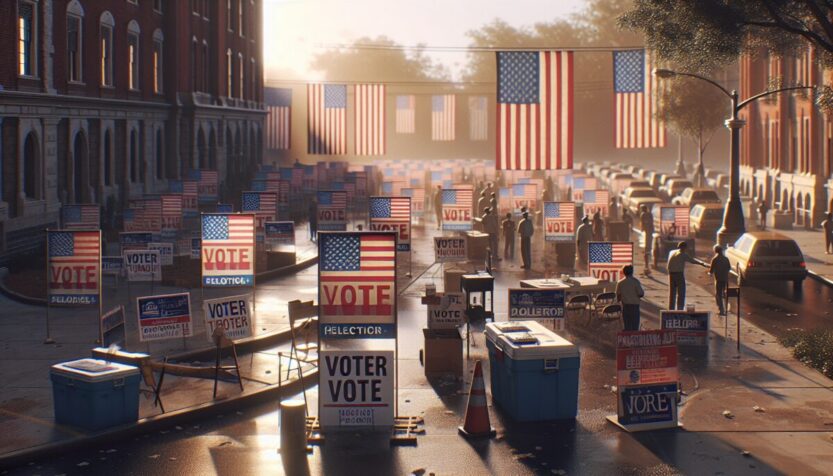The impact of celebrity engagement on voter turnout in the U.S.
In recent years, the intersection of entertainment and politics has become increasingly pronounced, particularly during election cycles. The 2024 presidential campaign is no exception, as celebrities are leveraging their platforms to engage voters and promote civic participation. This phenomenon raises questions about the effectiveness of celebrity influence on the electorate and the potential backlash from ordinary citizens.
Celebrity influence: A double-edged sword
As political strategist Ben Sheehan points out, while celebrity endorsements can generate excitement, they can also alienate voters who perceive these figures as out of touch with their everyday struggles. The challenge lies in balancing star power with authenticity. When celebrities engage in grassroots efforts, such as door-to-door canvassing or personal outreach, they can foster a sense of connection with voters. For instance, actors like Kerry Washington and Bryan Cranston have been actively campaigning in swing states, emphasizing their genuine concern for local issues.
The role of social media in political engagement
Social media has transformed the way celebrities communicate with their audiences. Platforms like Instagram and TikTok allow stars to share personal stories and advocate for specific causes, making political engagement more relatable. A recent study from Harvard University highlights that celebrity engagement can positively impact democracy by encouraging voter turnout. This is particularly relevant for younger voters, who are more likely to engage with content creators than traditional political figures. By addressing issues that resonate with their followers, celebrities can motivate a new generation to participate in the electoral process.
Grassroots movements and the power of community
Beyond social media, grassroots movements are crucial in mobilizing voters. Initiatives like Won’t PAC Down, which brings together millennial and Gen Z creatives, demonstrate the power of collaboration in reaching young audiences. By creating relatable political ads and content, these groups can effectively communicate the importance of voting. The involvement of celebrities in these movements not only amplifies their message but also reinforces the idea that civic engagement is a shared responsibility.
Conclusion: A pivotal moment for democracy
As the 2024 election approaches, the role of celebrities in shaping political discourse and mobilizing voters will continue to evolve. While their influence can be a powerful tool for encouraging civic participation, it is essential for these figures to remain grounded in the realities faced by everyday Americans. By fostering genuine connections and addressing the concerns of their audiences, celebrities can play a significant role in promoting a healthy democracy.

